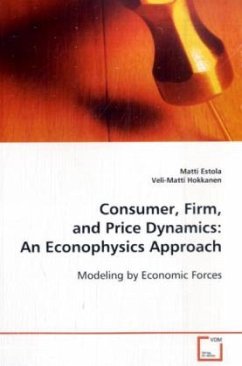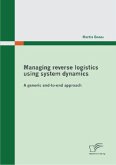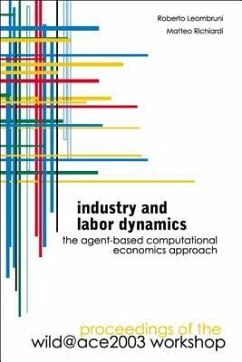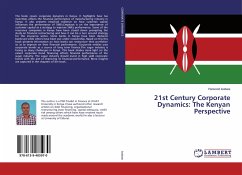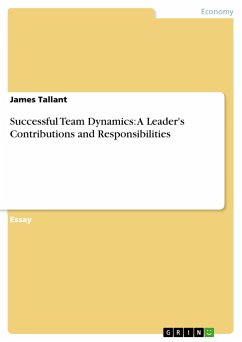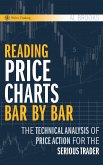The assumptions of neoclassical analysis have
prohibited the development of economics into a
quantitative science. The assumptions do not allow
modeling time dependent processes and increasing
returns to scale in firms' production in a
perfectly competed industry. Further, the assumed
optimal behavior prohibits understanding changes in
economic quantities because none likes to change his
optimal behavior.
In the book the assumption of optimal behavior in
neoclassical analysis is changed to the following:
Economic agents like to better their situation if
possible. This approach is shown to lead to an
analogous framework of modeling in economics as
Newtonian framework in classical mechanics. The
economic forces acting upon consumption, production,
and price in a non-equilibrium situation are defined,
and showed that these forces cause an adjustment
toward an equilibrium state, or keep the system in
motion with time. The proposed framework gives game
theoretic analysis and a dynamic extension of
neoclassical analysis from a single principle that
contains economic growth too.
prohibited the development of economics into a
quantitative science. The assumptions do not allow
modeling time dependent processes and increasing
returns to scale in firms' production in a
perfectly competed industry. Further, the assumed
optimal behavior prohibits understanding changes in
economic quantities because none likes to change his
optimal behavior.
In the book the assumption of optimal behavior in
neoclassical analysis is changed to the following:
Economic agents like to better their situation if
possible. This approach is shown to lead to an
analogous framework of modeling in economics as
Newtonian framework in classical mechanics. The
economic forces acting upon consumption, production,
and price in a non-equilibrium situation are defined,
and showed that these forces cause an adjustment
toward an equilibrium state, or keep the system in
motion with time. The proposed framework gives game
theoretic analysis and a dynamic extension of
neoclassical analysis from a single principle that
contains economic growth too.

